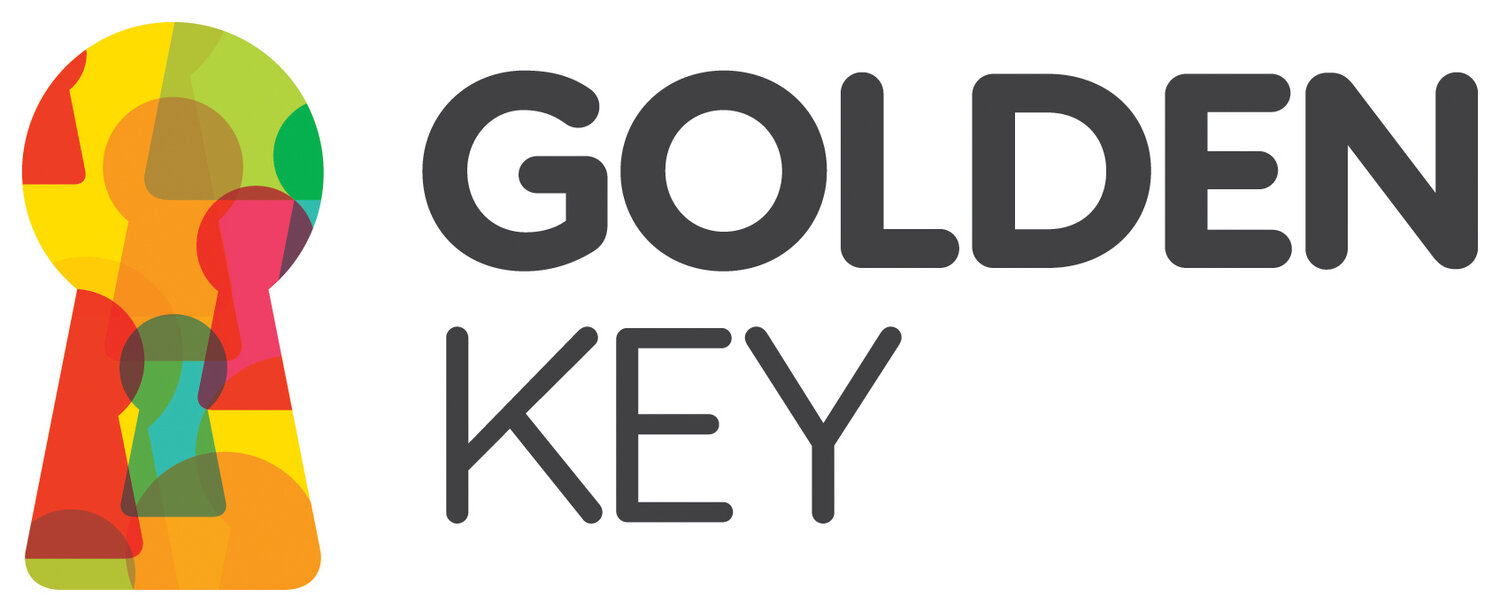Embracing client voice through stories of lived experience
In their latest evaluation of Golden Key, the University of the West of England identified eight enablers of system change. One of these enablers is “embracing client voice through lived experience stories”.
Independent Futures (IF) are a group of people with lived experience of multiple disadvantage who support the work of Golden Key.
Professor Michael Preston-Shoot (Emeritus Professor of Social Work, Independent Chair of Brent and Lewisham Safeguarding Adults Boards, and Joint Coordinator for the National Safeguarding Adults Boards Chairs Network) contacted IF to ask if they were able to work with him to deliver a high profile webinar about adult safeguarding and homelessness. This was part of a series of events sharing learning and examples of good practice in response to the government’s Rough Sleeping Strategy. Michael gave Independent Futures a clear, simple brief, which was to provide their views on what has and hasn’t helped in their journey and experiences with homelessness.
Those involved have reflected on this being a very positive experience of co-production, where lived experience voices were valued. The Golden Key Learning Team spoke to them about the project, and this is what came out of the conversation.
Trusting relationships were essential. Jason (IF member) and Michael spent time getting to know each other as people, before beginning work on the webinar itself. Jason was treated as an equal. Michael communicated why he thought the voice of lived experience was important to the webinars, so the purpose of their involvement was clear. This provided a solid foundation for connection and trust to develop.
Flexibility and a clear objective were also important. Michael gave IF freedom to choose what they wanted to say and how they wanted to convey it, in response to his brief. He did not prescribe a particular way of working, instead he took IF’s lead on how they wanted to approach the work. He highlighted that there was no expectation to share their personal story. This open approach created a sense of ownership in the IF members involved.
Support networks also emerged as a central theme. Golden Key Coordinators (who work with IF full time) and Michael supported the work where needed. Golden Key Coordinators helped IF organise the work, and alongside Michael, offered to be a sounding board for ideas and trial runs. They also helped instil confidence and ease anxieties, taking the time to check in on how those involved were feeling. IF members supported each other by drawing on each other’s strengths and offering reflective feedback on work progress. For example, one member helped another type his presentation on the computer, as he wasn’t as confident with technology. The support network of the group helped empower the IF members directly involved to create and deliver their presentations.
Independent Futures had a clear objective and purpose, a strong team ethos and support network. They felt empowered they had ownership over how they wanted to work. The presentations had a significant impact, being described as “outstanding” and “powerful”. As a result of the webinar series, Michael produced a further briefing to share learning and as a call to action. The briefing can be found here: Adult safeguarding and homelessness: experience informed practice | Local Government Association
We hope sharing some experiences of co-production will help you to reflect on the importance of lived experience, and how you may approach your next co-produced project.
If you are interested in watching the webinar, it is available here: Making Every Adult Matter and Every Contact Count: safeguarding people experiencing homelessness | Local Government Association
